Search the Special Collections and Archives Portal
Search Results
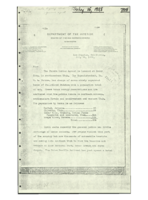
Paiute Indian Agency report, 1928
Date
Archival Collection
Description
Report from Mary Vaux Walcott to Chairman Samuel A. Eliot. Endorsed by Eliot and transferred to Secretary Malcolm McDowell. Increased tourism in the Arizona, Nevada, and Utah region, and lack of knowledge and understanding of Paiute culture. Report on the seven separate and distinct bands of Paiute: Kaibab, Arizona (93); Shivwits, Utah (80); Cedar City, Goshute, Indian Peake Panguitch and scattered, Utah (314); and Moapa River, Nevada (192) totaling 679 Paiute in the region. The report details the general situations (land, health, and economic) in different geographic locations.
Text
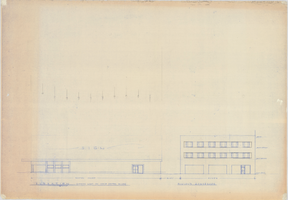
Binion's Horseshoe Sign: architectural drawing
Date
Archival Collection
Description
Architectural drawing from Homer Rissman Architectural Records (MS-00452).
Image
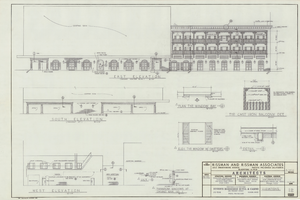
Binion's Horseshoe Elevations: architectural drawing
Date
Archival Collection
Description
Architectural drawing from Homer Rissman Architectural Records (MS-00452).
Image
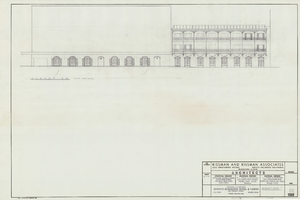
Binion's Horseshoe Elevations: architectural drawing
Date
Archival Collection
Description
Architectural drawing from Homer Rissman Architectural Records (MS-00452).
Image
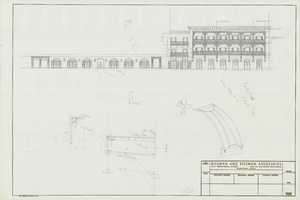
Binion's Horseshoe Elevations: architectural drawing
Date
Archival Collection
Description
Architectural drawing from Homer Rissman Architectural Records (MS-00452).
Image
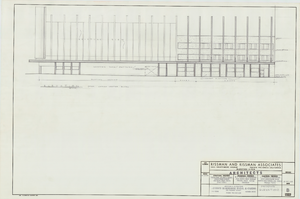
Binion's Horseshoe Proposed Elevation: architectural drawing
Date
Archival Collection
Description
Architectural drawing from Homer Rissman Architectural Records (MS-00452).
Image
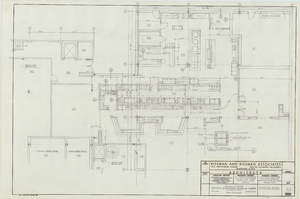
Binion's Horseshoe Kitchen Plan: architectural drawing
Date
Archival Collection
Description
Architectural drawing from Homer Rissman Architectural Records (MS-00452).
Image
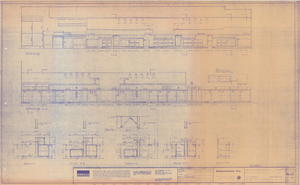
Binion's Horseshoe Elevations & Sections: architectural drawing
Date
Archival Collection
Description
Architectural drawing from Homer Rissman Architectural Records (MS-00452).
Image
"Nevada Week in Review" on Stratospere Tower design: video
Date
Archival Collection
Description
Nevada Week in Review featuring host Mitch Fox along with panelists Fred Lewis of KNEWS Radio, Jeff German of the Las Vegas Sun, Phil Hevener of Las Vegas Style magazine, and Angela Rodriguez discussing Stratopshere Tower design and marketing. Original media VHS, color, aspect ratio 4 x 3, frame size 720 x 486. From the Bob Stupak Professional Papers (MS-01016) -- Professional papers -- Audiovisual material -- Digitized audiovisual clips file.
Moving Image
Channel 8 news segment: Bob Stupak tours Stratosphere Tower: video
Date
Archival Collection
Description
Channel 8 "Eyewitness News" segment featuring Bob Stupak as he tours the Stratosphere Tower construction site for the first time since his motorcycle accident. Original media VHS, color, aspect ratio 4 x 3, frame size 720 x 486. From the Bob Stupak Professional Papers (MS-01016) -- Professional papers -- Audiovisual material -- Digitized audiovisual clips file.
Moving Image
